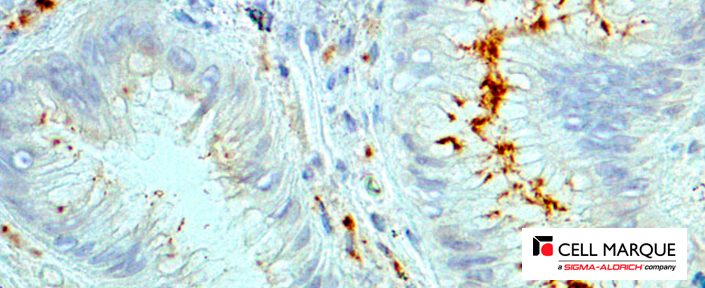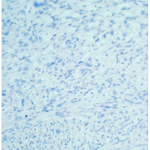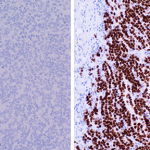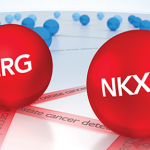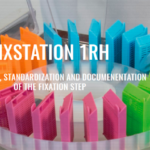Spotlight on Helicobacter pylori
Products are for professional/laboratory use only.
Helicobacter pylori (H. pylori) is an endemic helix-shaped Gram-negative bacterium that infected over half of the world’s population, reaching over 80% prevalence in developing countries.
The bacterium attaches tightly to the gastric epithelia upon ingestion via unique bacterial-surface components and releases urease, permitting its survival in the acidic lumen. H. pylori strains are highly diverse, and virulence is mediated by the secreted exotoxin VacA and cag pathogenicity island that induces host cellular apoptosis and inflammation.
H. pylori colonization is a chronic condition without specific therapy, but asymptomatic in the majority of people. Infection with H. pylori is responsible for the majority of duodenal and gastric ulcers, and have been associated with increased risk of developing mucosa-associate lymphoid tissue (MALT) lymphoma, atrophic gastritis and gastric cancer. Antibody to H. pylori is useful for detecting the bacterial infection in gastric and duodenal epithelial cells. Additionally, 0.5% to 6% of gastric infections are also attributed to a close species in the Helicobacter genus, H. heilmannii. Due to its low prevalence, a recent case study established the utility of an anti-H. pylori antibody cross-reactivity in confirming H. heilmannii infection. Clone EP279 also demonstrates reactivity with the H. heilmannii bacterium.
0.1 ml concentrate – AC-0247A
0.1 ml concentrate – AC-0247RUO
1 ml concentrate – AC-0247
1 ml concentrate – AC-024RUOC



